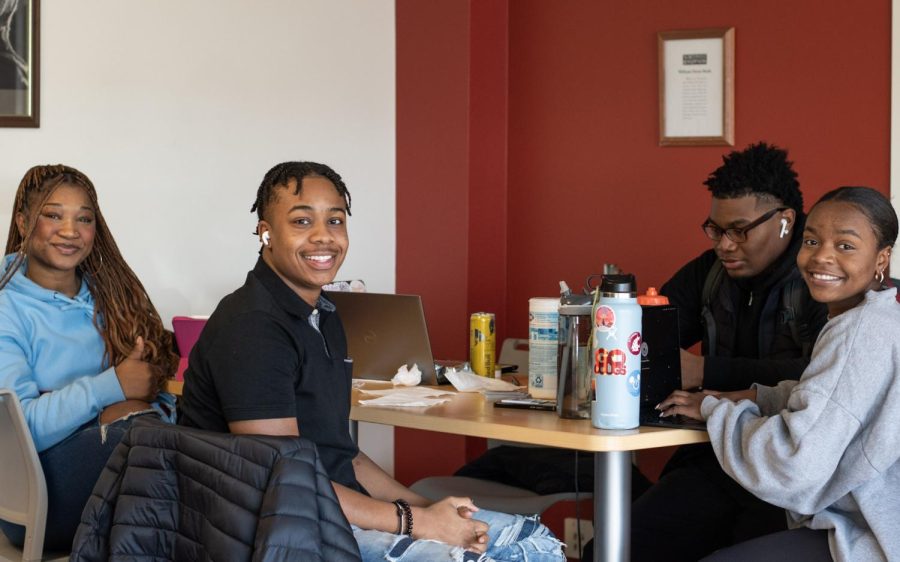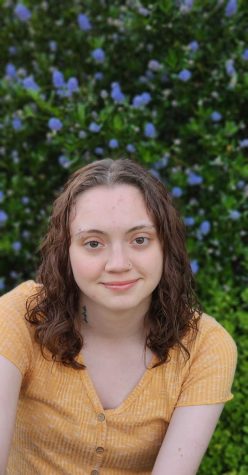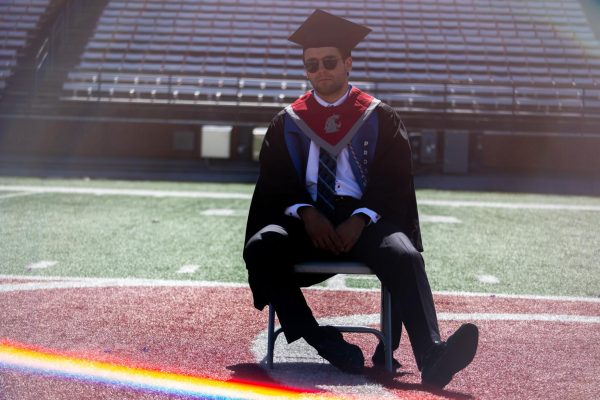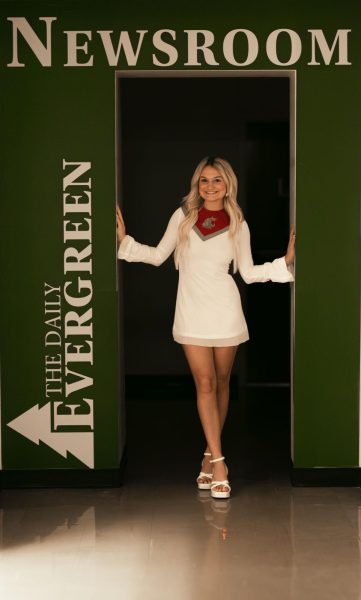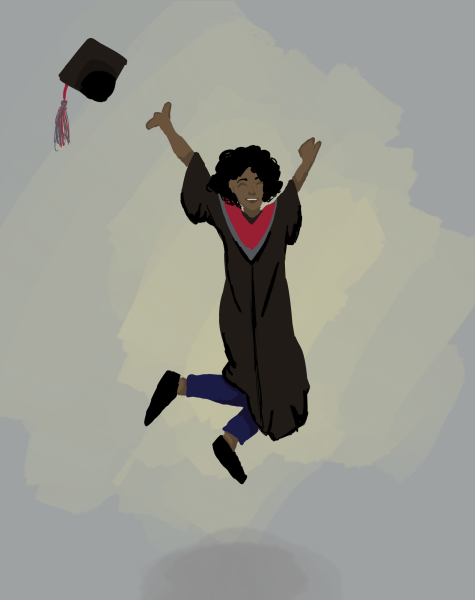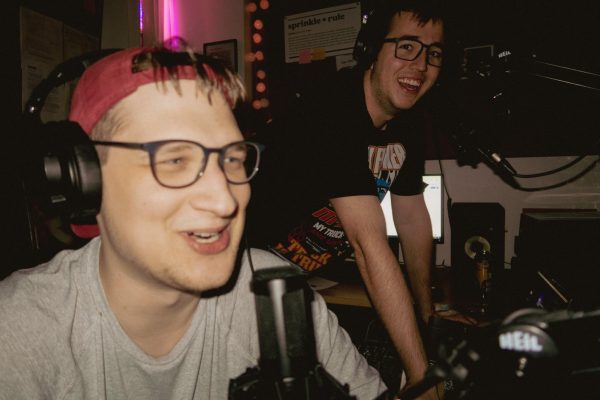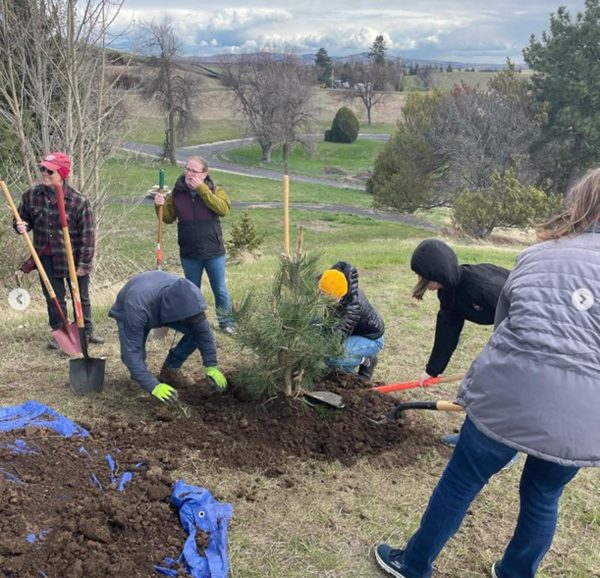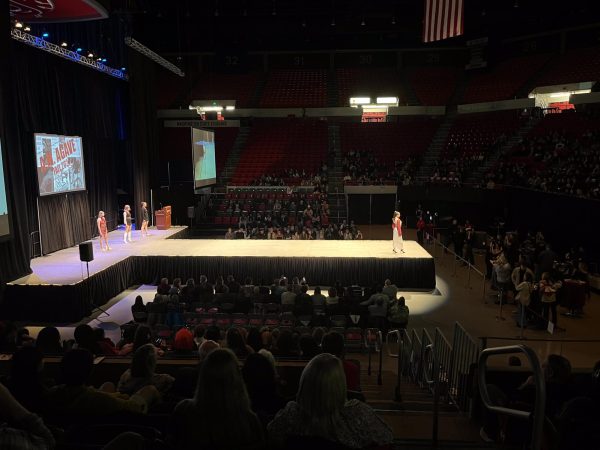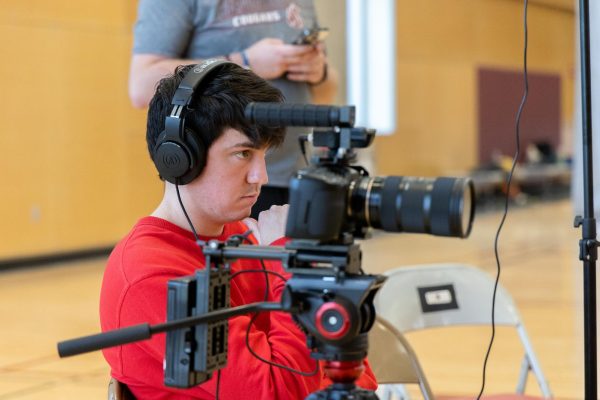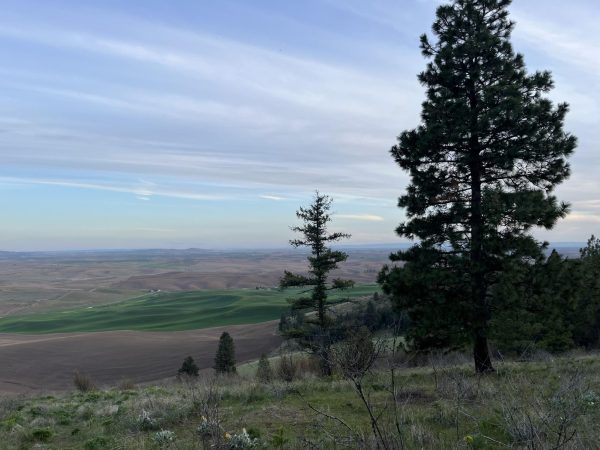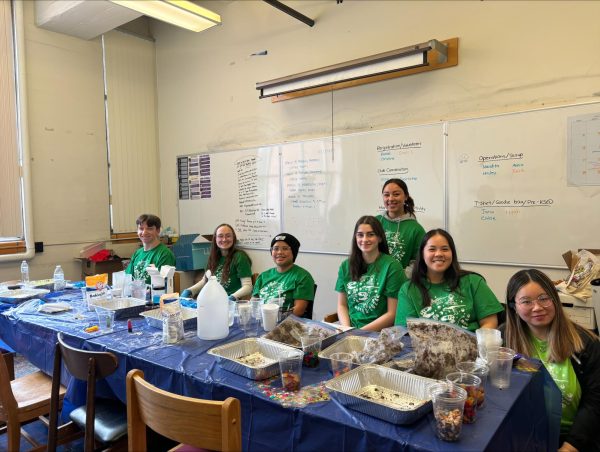The AASC is more than Black History Month
The African American Student Center supports Black-led students, organizations and events year-round
Students visiting the African American Student Center in CUB 420 Jan. 30.
February 2, 2023
Unknown to much of WSU’s population is the welcoming and cozy atmosphere of the African American Student Center, located in room 420 of the Compton Union Building.
Students in the AASC can often be found studying, chatting or relaxing when an event is not occurring, said AASC retention counselor Jessica Samuels. Samuels said visitors can sometimes see a dance-off and hear music.
“The Black population here at WSU is so small, so knowing that there’s a room where you can go to find other students that relate to you is really nice,” AASC office assistant Jolie Tusabe said.
The AASC supports various Black-led organizations, some of which will be hosting the following events in Black History Month and April:
- Black Student Union’s MLK brunch on Feb. 4
- The African Soul International dance troupe’s performance on Feb. 16 at the Elson Floyd Center
- Black Women’s Caucus’ annual Spring Tea on April 8
Samuels and Tusabe said that the AASC also supports the National Society of Black Engineers and the African Diaspora Association.
“I love the students, I love working with students,” Samuels said. “I love seeing the magic and the transition as they come in as freshmen and transition into being professionals in their careers.”
The AASC also supports the following events:
- “Emmett Till” showing on Feb. 6 in the CUB Auditorium (through the MLK Committee)
- Dr. Crystal Fleming’s speech on Feb. 7 at the Elson Floyd Center (through the MLK Committee)
- Black financial awareness workshop on Feb. 10 at the AASC
- Barber Shop Talk on Feb. 11 at the AASC
- “The Woman King” showing on Feb. 13 in the CUB
- “Devotion” showing on Feb. 20 in the CUB auditorium
- Xyanthe Neider’s presentation on Feb. 23
Samuels said the Barber Shop Talk will be specifically for African American men, but that most events encourage others to participate and learn about the African American community and culture.
The AASC also hosts events outside of Black History Month.
In the fall, the AASC held weekly workshops that were mainly geared toward first-year students. The workshops were about time management, tips on reading textbooks, studying for tests, financial aid, graduate school and similar topics.
A program called the Compass Mentor Program, which operates through the AASC, also matched Compass mentors with first-year students. The program works to facilitate incoming first-year students of color, as well as students chosen by the LGBTQ+ Center, the Access Center and the Undocumented Students Center.
In the spring, Samuels said the mentors will have more freedom with the weekly workshops and will help choose what each workshop will feature.
Samuels said the AASC doesn’t need Black History Month to host beneficial events.
“I know everybody tries to condense Black History Month into February, but a lot of us don’t see it that way,” Samuels said.
Samuels said she is working to restore the inactive Divine Nine sororities and fraternities and other inactive organizations at WSU like Krimson Kouture, a majorette/hip-hop dance team, and Black Men Making a Difference, an organization that supported Black male students on campus.
Samuels said she saw how vibrant the African American community used to be at WSU.
“One of the benefits I have even though I’m new is that I was at the University of Idaho, and so I did see, back in the 90s, the early 2000s, how vibrant the African American community was here on this campus,” Samuels said. “And so I see the difference in how it was and how it is and where it needs to go back to or improve.”
Tusabe said the AASC puts on events that not only Black students should attend, but also other students on campus.
“I think the African American Student Center is a great room for students of color to come together and just have a space where they feel comfortable and see people that look like them,” AASC office assistant Jolie Tusabe said. “Although we do mainly focus on African American students, this room is open to everyone. We are not turning away anyone.”

